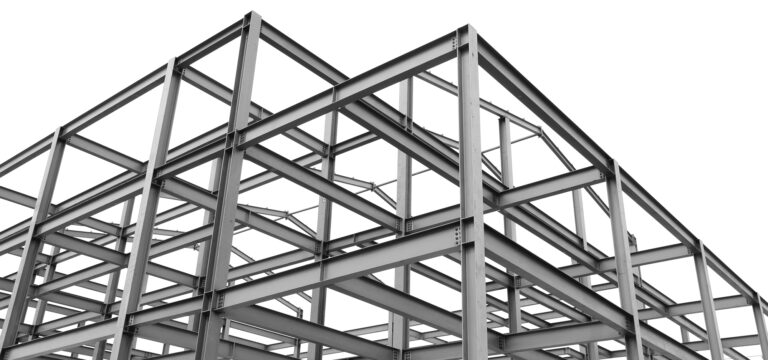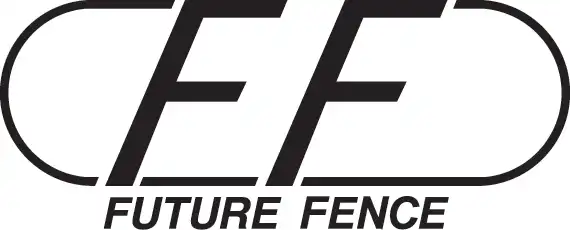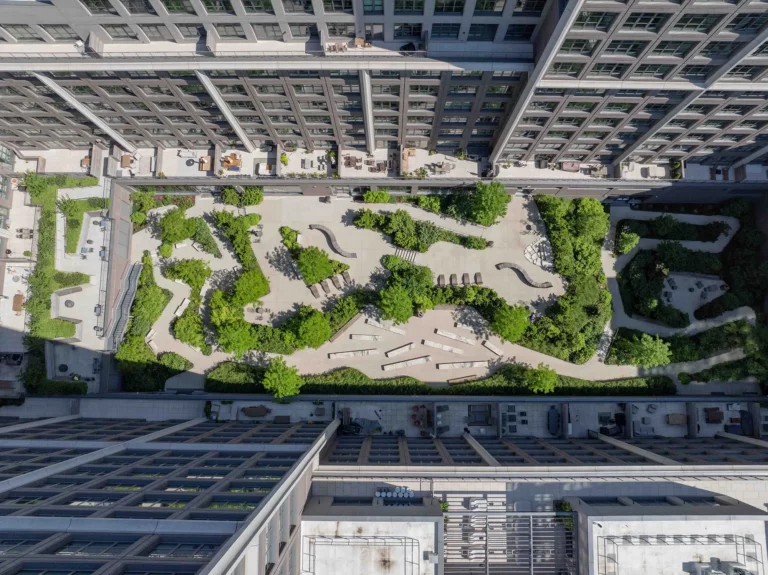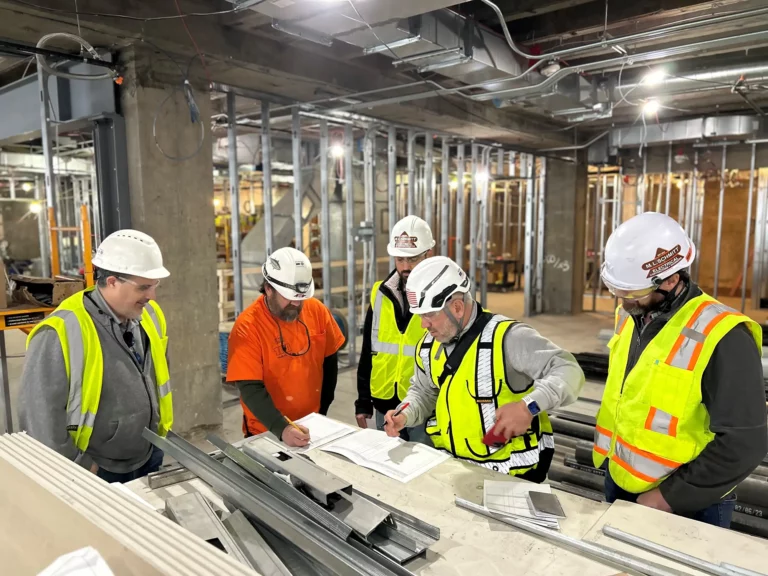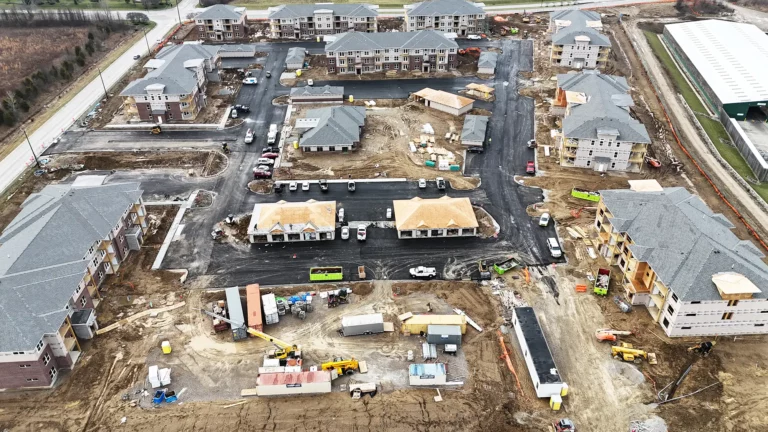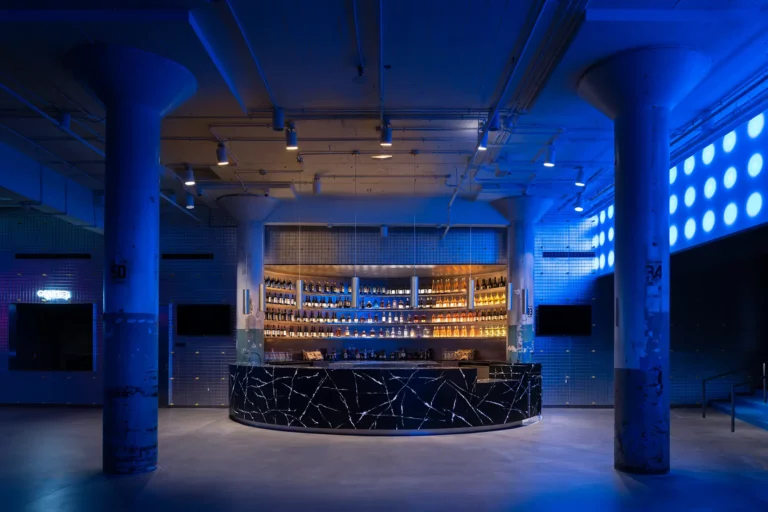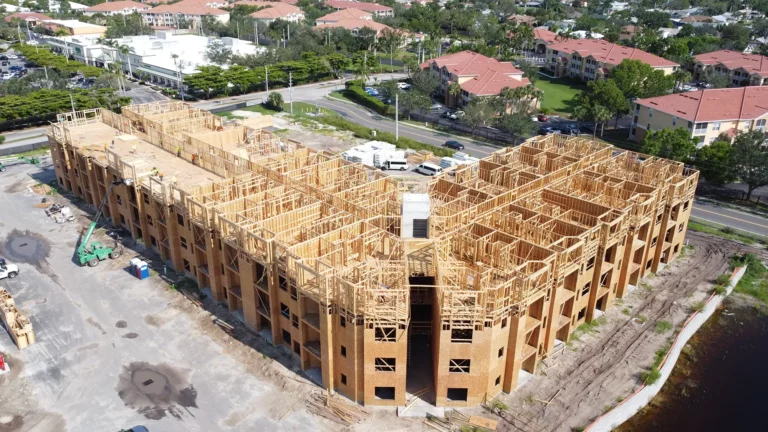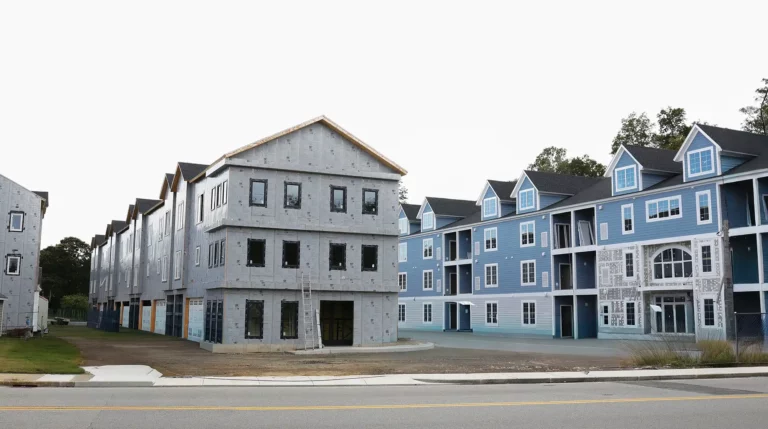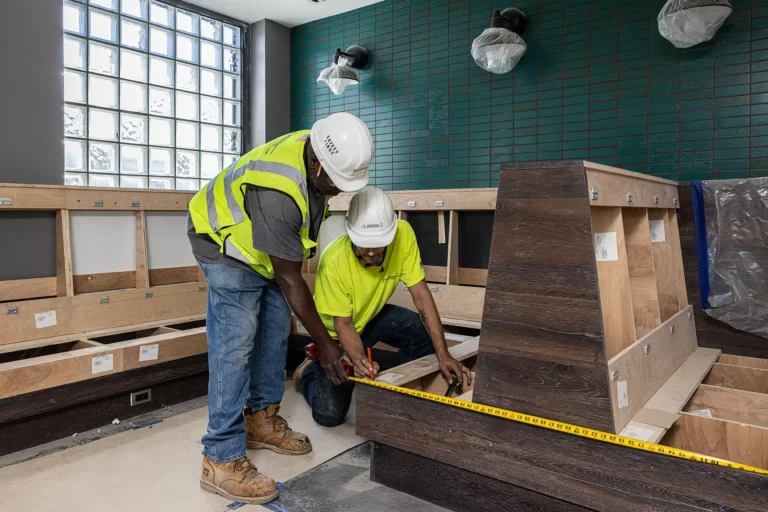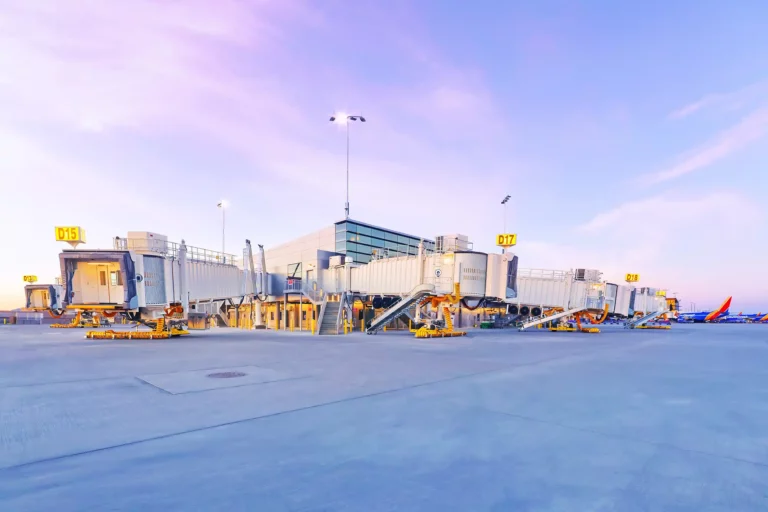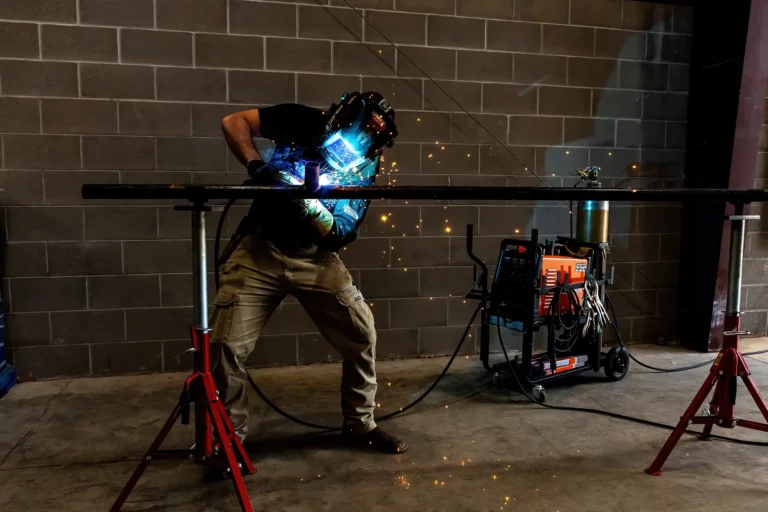Future Fence Company began in 1979 with little more than a college student’s determination and a willingness to take a chance. Nearly fifty years later, the family-owned firm has grown into one of the largest fence installers in the United States, operating out of Warren, Michigan, with more than 137 employees and $35 million in annual sales. The story of Future Fence is one of persistence, adaptability, and family leadership; a story that continues to unfold as the company looks to the next era of growth.
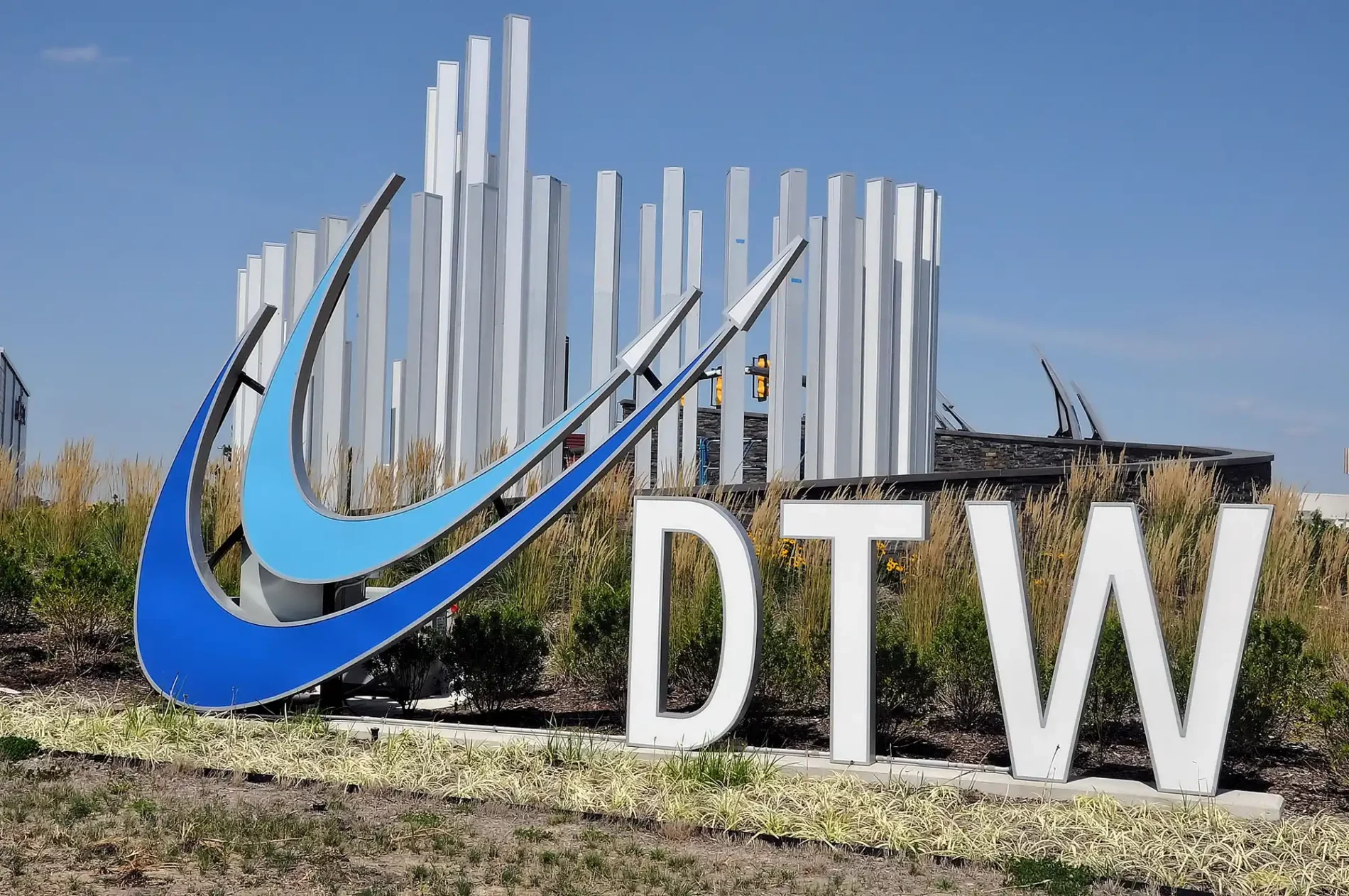
The company’s origins lie with Kenneth Hollowell, who founded the business while studying mechanical engineering. “My dad started the firm in 1979 as a way of earning money while working through college,” recalls current president Joe Hollowell. “Demand was so high that Kenneth chose to give this a shot full-time, instead of pursuing his mechanical engineering degree.” That decision shaped the path of the Hollowell family for decades to come.
By the mid-1990s, the company’s momentum was undeniable. Residential projects, once the backbone of operations, gave way to large commercial work. In 1999, Future Fence moved from a modest farmhouse into its Warren headquarters, a facility that today includes 60,000 square feet of manufacturing space. Growth has been constant ever since, with staff numbers rising rapidly—up from 112 employees in 2024 to 137 in 2025. The pace has been so brisk that parking space, not work, has become the pressing concern. As Joe jokes, “It’s a bit of a scramble to find a parking spot in our lot or along the street at the moment.”
Joe himself grew up with the company, working summers as an installer before pursuing degrees in economics and business. After gaining industry experience elsewhere, he returned to Future Fence in 2011 as an estimator. By 2020, the time had come for a generational handover. Joe assumed the presidency, allowing his father to retire. Today, he and his leadership team continue to expand the business while keeping it firmly grounded in the culture of service that has defined it since 1979.
Future Fence’s strength lies in its diversity of operations. Under its umbrella are two manufacturing divisions: Future Fabricating and Dura-Crete Walls. Between them, the company is able to produce an extraordinary range of fencing and wall solutions, from custom ornamental handrails and guardrails to high-strength precast wall panels. With 50 union-certified installers who completed their ironworking training with the company, Future Fence is equipped to tackle projects of scale and complexity.
That versatility is evident in the company’s project portfolio. Stadiums have long been a specialty, with Future Fence providing fencing and railings for more than 50 venues across the Midwest and beyond. At the University of Michigan, the firm installed all fencing and railings at the Crisler Center and Michigan Stadium, also known as “the Big House” holding the position of the largest stadium in the Western Hemisphere. Work at Notre Dame Stadium in Indiana and throughout Michigan State University’s football stadium further illustrates the company’s impact on sports infrastructure.
Future Fence is also a key player in one of Detroit’s most transformative projects: the Gordie Howe International Bridge, a massive new crossing linking the city to Windsor, Ontario. “We’re doing six miles of custom fencing,” Joe says of the project, which is expected to improve trade and traffic flow when it opens in the coming years. The contract reflects both the company’s capacity and its reputation for quality on projects with international significance.
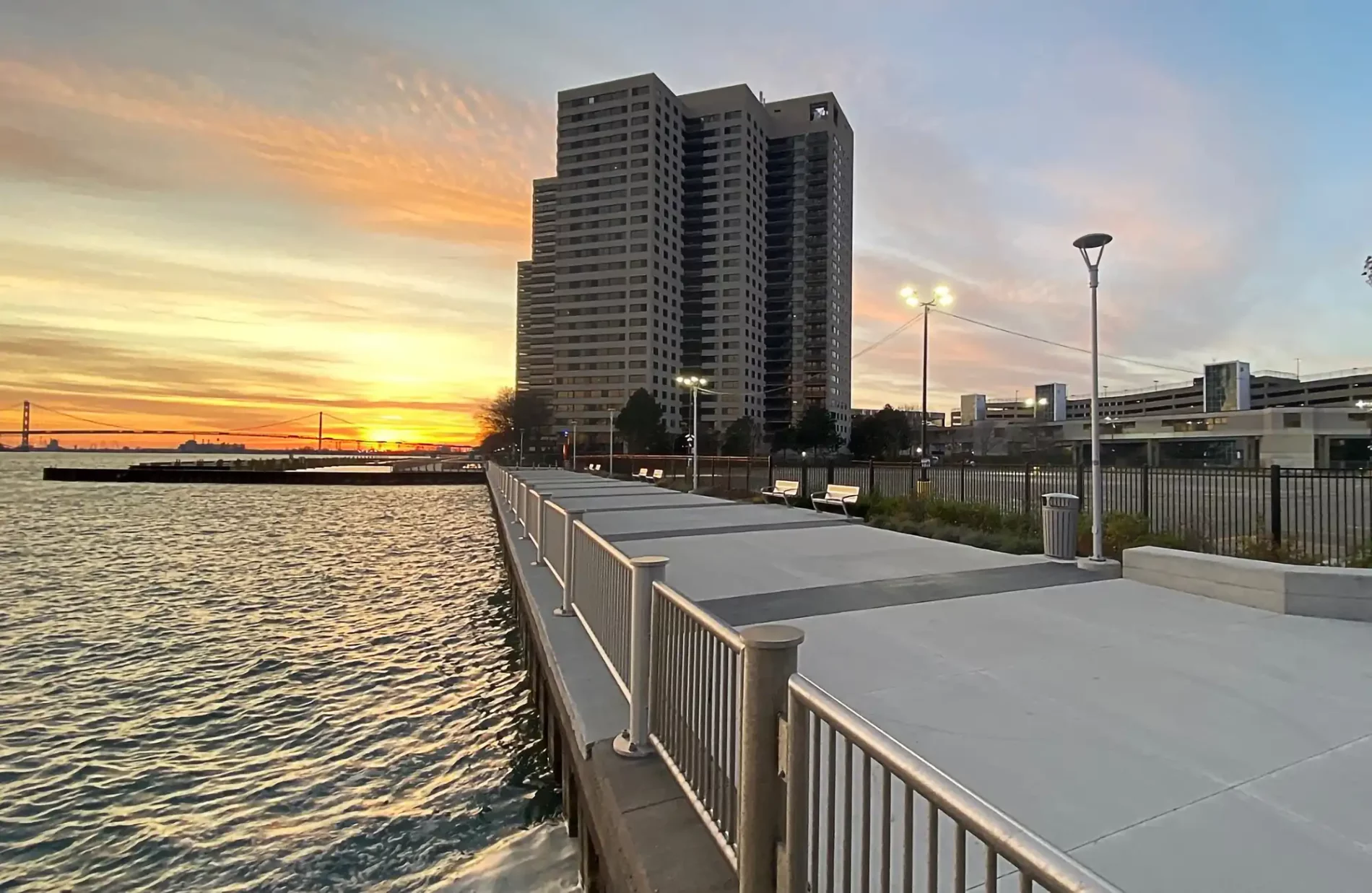
The firm’s Dura-Crete Walls division has brought innovation to precast concrete. Certified by the American Institute of Steel Construction, the company modified a block press to manufacture precast panels using a dry-cast process. “Unlike wet cast forming, dry cast is fast and highly efficient to manufacture. The mix is similar in consistency to kinetic sand, and our vibratory compaction process produces an extremely dense and durable precast form,” Joe explains. Once baked in a curing oven, the panels reach strengths of 5,500 psi. The product is versatile, used in screen wall, sound barrier, and security fencing applications that line grocery stores, gas stations, and distribution centers, in addition to their turnkey dumpster enclosure kits. The advantage, Joe says, is speed: the panels can be installed quickly and cost-effectively, minimizing disruption while delivering durability.
“The mix is similar in consistency to kinetic sand, and our vibratory compaction process produces an extremely dense and durable precast form.”
Distribution hubs for companies like FedEx and Amazon also feature prominently in Future Fence’s portfolio. These facilities rely on the company for exterior walls, chain link fences, and specialized interior fabrications. By serving logistics clients that require consistent quality and on-time delivery, Future Fence has positioned itself as a trusted partner in an industry where speed and security are paramount.
A key factor in the company’s growth strategy is its ability to employ a range of trades. Joe describes it as a deliberate effort to diversify: “One of the company’s strategies of growth is to employ a diversity of five or six trades. This gives Future Fence an edge, as the company can initially accept a $200,000 contract and then expand it to seven figures once they are able to demonstrate their ability to pivot from one trade to another one, all in the same project.” That adaptability has allowed the company to expand contracts and strengthen client relationships across sectors.
The firm is also riding the wave of renewable energy. Michigan utility DTE Energy has announced a green initiative to reduce carbon emissions by 65 percent by 2028 and 90 percent by 2040, and solar power will be key to that effort. For Future Fence, the growth of solar installations means a surge in demand for fencing. “A typical installation needs 150,000 to 180,000 linear feet of fence,” Joe explains. “We’re really the only game in town that can go through and can handle multiple of those projects going simultaneously.” In 2025, the company completed a collective of solar fencing projects, and leadership expects that number to double in 2026. “That’s the new big wave, of the next five years, securing and installing large-scale solar fields as well as other electrical and data driven developments.”
Future Fence’s reach is no longer limited to Michigan or even the Midwest. The company is now certified in 28 states, with Pennsylvania being a particular point of pride. “It took us almost 30 months to be approved, with multiple audits at our facility,” Joe says of the certification. “It was a big win, because Pennsylvania’s requirements are among the most stringent in the country.” That expansion reflects a commitment to growth that is careful, deliberate, and built on credibility.
Behind the facilities, equipment, and certifications lies a culture that Joe insists is the company’s greatest asset. Employees are at the core of Future Fence’s success, and their loyalty is evident. Some staff members have been with the company for 35 or even 40 years. Joe acknowledges how rare that is, particularly during a generational transition. “We had a great foundation, to have this ability to see growth, and to really have it move forward with good financials, good customers and a good reputation,” he says. “Without that, such a transition is really tough to go through.” For Future Fence, the employees who stayed the course have been instrumental in carrying the company forward.
From stadiums to bridges, distribution centers to solar farms, Future Fence has built its reputation by combining technical ability with a willingness to adapt. What began as a college student’s side project has grown into a $35 million enterprise that continues to evolve with the needs of its clients and the demands of its markets. As the company nears its 50th anniversary, it does so with a family legacy intact, a team that feels more like a family than a workforce, and a clear sense of direction.
For Joe Hollowell and his team, the future is about more than fences. It is about building on a legacy of trust, innovation, and hard work to meet the challenges of the next fifty years—whether that means securing stadiums, bridges, or whatever construction initiatives come next, propelling growth and prosperity in an ever-evolving world.








